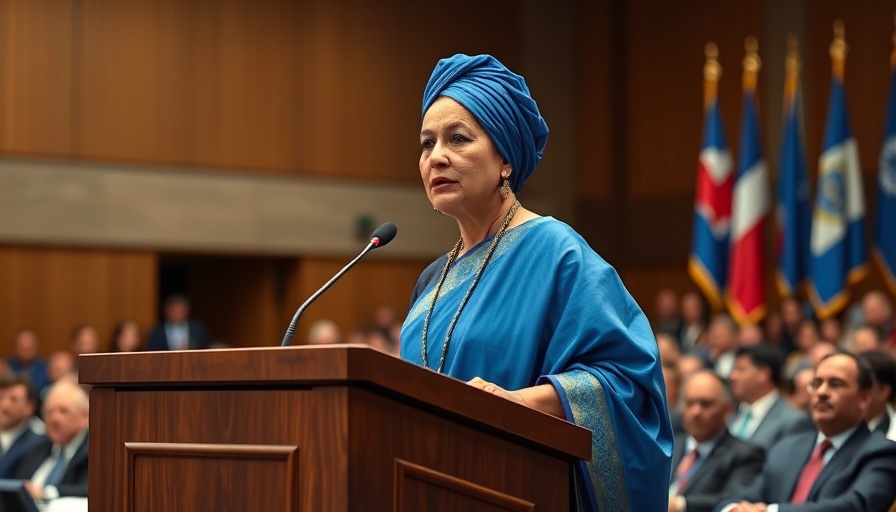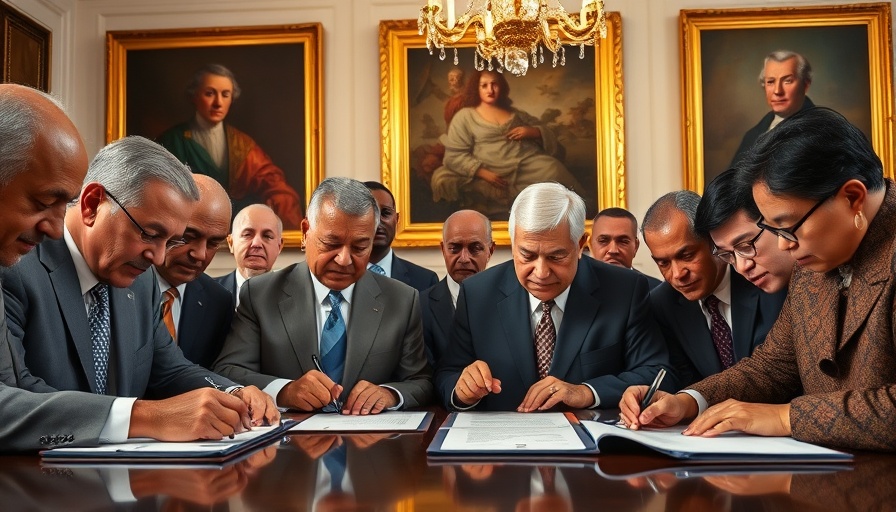
Transforming U.S.-Africa Relations Through Investment
In recent days, a powerful statement emerged from the U.S.-Africa business summit in Luanda, Angola. African leaders, led by Angolan President João Lourenço, have urged the United States to shift from traditional aid-based relationships to dynamic, investment-driven partnerships. This call for change reflects a deeper understanding of Africa's economic potential and aims to leverage it for mutual benefit.
President Lourenço articulated the sentiment shared by many leaders at the summit: "It is time to replace the logic of aid with the logic of investment and trade," indicating a matured stance on foreign partnerships. The message resonates strongly within the current global economic landscape, where Africa's 1.3 billion population and vast untapped resources present significant opportunities for proactive investment strategies across various sectors beyond the norm of oil and minerals.
Acknowledging Untapped Economic Potential
African leaders are not merely seeking financial aid; they aspire to build partnerships that foster sustainable economic growth. Mahmoud Ali Youssouf, Chairperson of the African Union Commission, emphasized the need for removal of tariffs and visa restrictions to cultivate an environment ripe for investment. This aligns with the bold vision of the African Continental Free Trade Area (AfCFTA), envisioned to integrate the continent economically.
Investment Opportunities in Africa
The summit shed light on promising sectors that U.S. companies are encouraged to explore, such as automotive manufacturing, tourism, and sustainable agriculture. African Development Bank President Dr. Akinwumi Adesina's emphasis on strategic infrastructure projects, exemplified by the Lobito Corridor linking Zambia and the Democratic Republic of the Congo to Angola's port, represents critical steps toward unlocking Africa’s trillion-dollar economic potential.
The Path Forward for U.S.-Africa Engagement
As the U.S. recognizes Africa's escalating economic importance, U.S. officials reiterated their commitment to enhancing investment relations. The vision is clear; the era of aid dependency must transition into one where reciprocal development flourishes. Through conferences and dialogues, leaders from both sides are encouraged to engage actively and develop deeper partnerships.
Driving Change with Strategic Cooperation
This summit signifies more than words; it is a clarion call for action against outdated economic paradigms. Senior State Department officials acknowledged the need to “reset perceptions” about Africa among U.S. business leaders, focusing on the immense opportunities available on the continent.
In conclusion, the call from African leaders serves as both a challenge and an invitation for U.S. policymakers and investors: embrace Africa as a strategic partner in the global economy and together, harness its vast potential for economic growth that benefits all.
 Add Row
Add Row  Add
Add 


 Add Row
Add Row  Add
Add 

Write A Comment